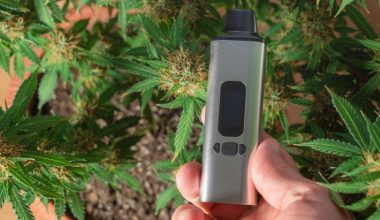
Patients who are registered with the state’s medical cannabis access program may now legally grow cannabis for their own personal use.
Under the new law, which took effect today, qualified patients ages 18 and older are permitted to grow up to six cannabis plants in their homes. Households with more than one qualified patient may home cultivate a maximum of 12 plants.
Over 54,000 residents are currently registered with state regulators to possess and access medical cannabis. Previously, patients were prohibited from growing their own cannabis and were required to obtain marijuana from one of the state’s limited number of licensed dispensaries.
NORML has long maintained that patient home-cultivation rights must be included in medical access laws, stating: “NORML supports the right of individuals to grow their own cannabis as an alternative to purchasing it from licensed commercial producers. NORML maintains that the inclusion of legislative provisions protecting the non-commercial home cultivation of cannabis serves as leverage to assure that the product available at retail outlets is high quality, safe, and affordable. Further, many patients respond best to specific strains of the cannabis plant. Permitting select patients the option to produce these specific strains at home assures that they will have an uninterrupted and cost-effective supply of the medicine that is best suited to their own particular therapeutic needs.”
Non-patients in Connecticut will continue to face sanctions for cultivating cannabis. Home cultivation for adults remains prohibited until July 2023, although retail cannabis sales to those ages 21 and older are anticipated to begin some time next year. Under current law, adults may legally possess up to 1.5 ounces of cannabis flowers or an equivalent amount of cannabis concentrates in public, and up to five ounces of marijuana in their private residence.
Related
Medical Disclaimer:
The information provided in these blog posts is intended for general informational and educational purposes only. It is not a substitute for professional medical advice, diagnosis, or treatment. Always seek the advice of your physician or other qualified healthcare provider with any questions you may have regarding a medical condition. The use of any information provided in these blog posts is solely at your own risk. The authors and the website do not recommend or endorse any specific products, treatments, or procedures mentioned. Reliance on any information in these blog posts is solely at your own discretion.






